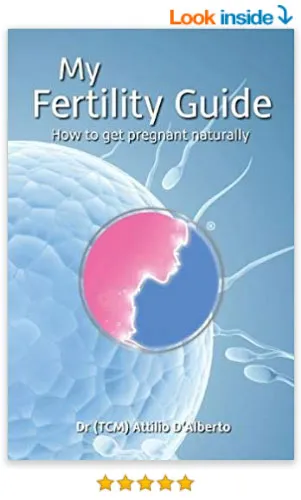Acupuncture reduces weight and improves fertility
The distribution of fat is important for fertility with fat around the waist having a bigger influence than fat overall. The waist-hip ration is a more reliable measure of body fat than the body mass index (BMI).
BMI was invented in the 1830s. It uses a maths equation to measure how much fat there is by dividing your weight in kilograms by your height in meters squared. However, it does not measure your overall fat or lean tissue (muscle) content, nor does it take into account that people come in different shape and sizes.
A more accurate measure of fat, is to measure your waist-hip ratio, two measurements need to be taken; the waist and buttocks/hip. Place a tape measure around the waist, usually just above the belly button and record the measurement. The hip measurement should be measured at the widest part of the buttocks and hip. To determine the ratio, divide your waist measurement by your hip measurement, for example 104cm ÷ 101cm = 1.02.
Women who are overweight will tend to have higher levels of insulin circulating in their blood. Insulin reduces the levels of sex hormone-binding globulin (SHBG) causing more circulating testosterone in the body leading to possible PCOS.
Apart from sugar, insulin is also affected by stress. Research studies have demonstrated the effectiveness of acupuncture in regulating insulin levels as well as reducing stress.
Being overweight can affect ovulation. Excessive oestrogen is stored in the adipose tissue (body fat), which interferes with the normal feedback mechanism of the pituitary gland. High levels of insulin during pregnancy can be a problem for both the mother and baby.
Pregnant women are more sensitive to insulin and some expecting mothers can develop pregnancy-diabetes. Diabetes can also be passed onto the baby. It is therefore important to maintain a balanced, nutritional diet that is low in processed sugars to ensure good fertility and reduce any problems during pregnancy.
References




















